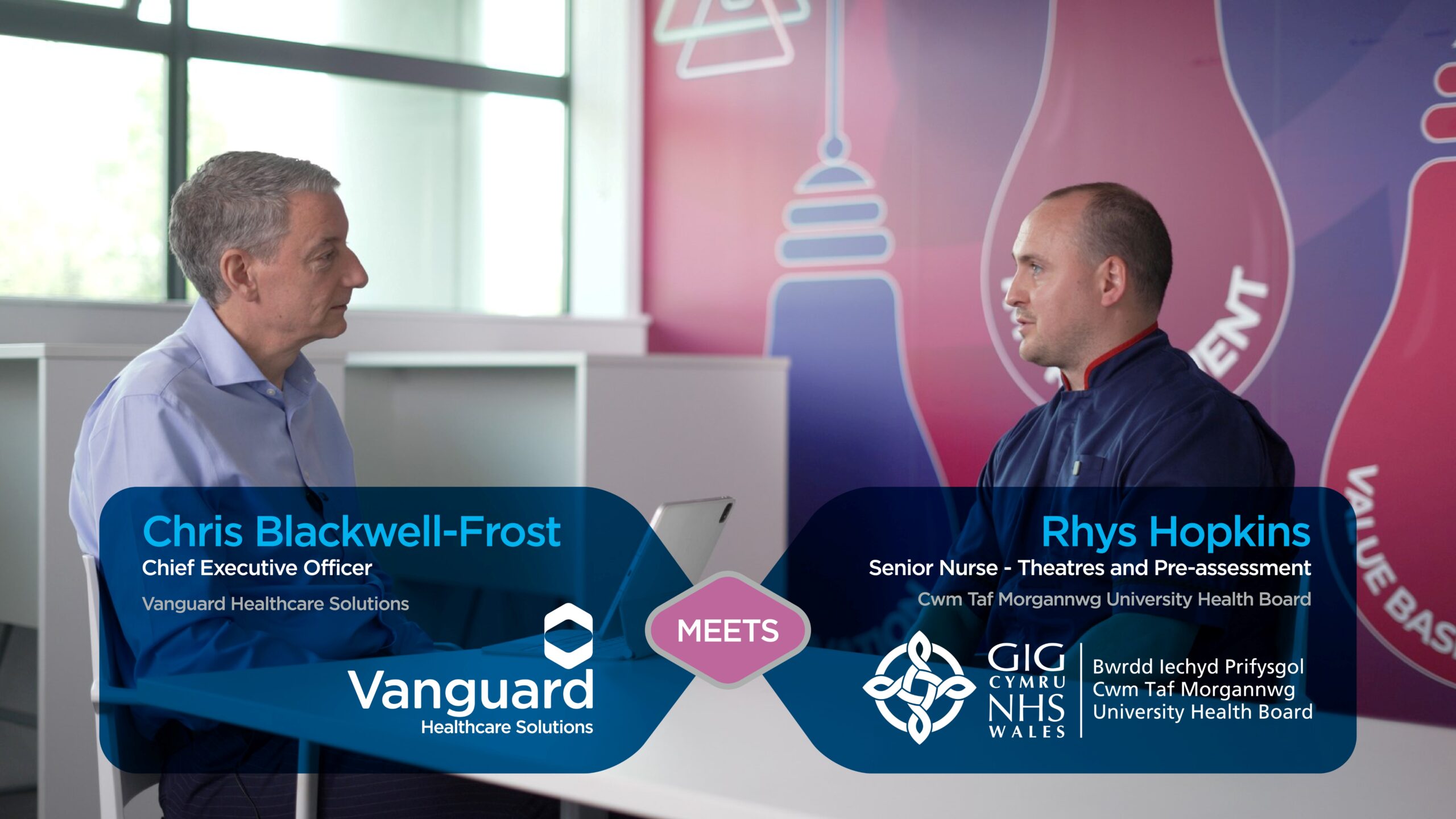It looks like you are in the United States
We have a different site (www.q-bital.com) which better suits your location
As the government announces plans to invest £12 billion a year for the next 3 years across the NHS and social care sectors, significant action can be taken to confront the elective care crisis. The NHS backlog that has been exacerbated by the pandemic's tremendous hurdles is a critical issue that will be targeted. Additional capacity through infrastructure such as Surgical Hubs provide effective solutions in facing the ongoing waiting lists and elective care backlog. However, it is important to consider the regional inequality and geographical variation of the backlog of healthcare, which infrastructure solutions must be able to adapt to address.
Even prior to the pandemic regional disparities concerning healthcare were stark. Research from the Strategy Unit within the Midlands and Lancashire Commissioning Support Unit found that between 2005 and 2018, access to elective care grew at a much slower rate among the most deprived areas in England. This is a problem which has since heightened as result of the pandemic. Although Covid-19 has had a significant influence on the country as a whole, the impact of this pandemic has varied geographically. Some parts of the country have experienced much higher rates of infection and mortality. Whilst London was initially the most impacted region, the North West, North East and the West Midlands now have the highest rate of excess deaths due to the pandemic.
As is the case with the direct impacts of Covid-19, the backlog is significantly greater in areas such as the North East and North West. Research by the Institute for Fiscal Studies, Harvard University and Imperial College London found that the North West had the greatest drop in admissions, with 467,000 operations missed in ten months, while the South West had the smallest drop, at 30%. It is clear that certain areas are in need of more urgent support in order to meet their specific healthcare needs. Therefore, to reduce potential regional disparities, tailored regional approaches to healthcare must be implemented.
When it comes to the health crisis, a national one-size-fits-all approach is not acceptable; instead, a variety of measures suited to the needs of different parts of the country are needed to lessen the regional inequalities that have emerged. This issue was brought to light during the recent Health and Social Care Committee session, by Anita Charlesworth, Director of Research and Economics at the Health Foundation.
“We’ve now got around 5.5 million people on the waiting list, that increase in the waiting list is not uniformly distributed, so parts of the country that were impacted by Covid have seen the waiting list grow most.”
Charlesworth highlighted the importance of tailoring the needs of different parts of the country and forming well thought out local healthcare plans that look system wide. Indeed, a report by the Health Foundation in July 2021 highlighted that poor health and existing inequalities left parts of the UK more vulnerable to the virus, and these factors have defined the contours of the devastating impacts of COVID-19 that will be felt long into the future if we do not take a localised approach to tackling health inequality.
Currently, exploring the possibilities of additional capacity in the independent sector to reduce the backlog of patients is focused in London and the South East. NHS England London Medical Director, Dr Vin Diwakar has been vocal in his support of the implementation of new surgical hubs across the city.
“I am delighted the NHS in London is launching a new approach to many common procedures which will massively boost the number of people we can treat and reduce waiting lists.”
During the Health and Social Care committee and oral evidence session, which took place on 8th September 2021, the success of London surgical hubs in tackling the backlog was further promoted by Professor Mortenson. He credited the examples of Croydon and Redbridge hubs of which provide safe surgical activity, reducing the strain on the NHS. Both sites have achieved 120% of pre-pandemic activity and have had an “electrifying” effect on staff morale as progress was being made.
Indeed, Vanguard has also recently delivered a surgical hub in South West London which has mirrored this success – supporting the facility to return to pre-Covid levels of ophthalmic surgery within just 4-months of the hub being built. To continue this success, the next step is for this solution to follow through to the rest of the country in areas that need it the most. As the government progresses with its ‘Levelling Up’ agenda, healthcare must be at the front and centre of this strategy in order to combat inequality.
Flexible infrastructure solutions, which Vanguard facilitates as a world-class clinical services provider, are an effective and impactful solution. Vanguard enables additional capacity for care to be taken to other areas of the UK, helping put regions on equal footing and tailoring the provisions of care to local needs. By improving the access to high quality healthcare Vanguard solutions can empower communities to take greater control of their own health and can improve individual patient outcomes and the wider community’s health. In futureproofing healthcare facilities to adapt to changing public health needs, the NHS can be supported in tackling the challenging backlog on a regional level.



Vanguard Healthcare Solutions
Unit 1144 Regent Court, The Square, Gloucester Business Park, Gloucester, GL3 4AD

We have a different site (www.q-bital.com) which better suits your location